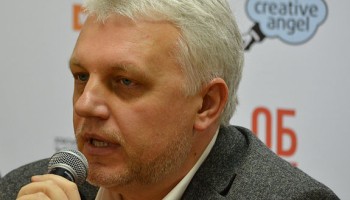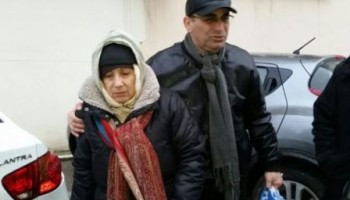Turkish Prime Minister Binali Yildirim told a televized cabinet meeting on Friday that Karimov, 78, had died and offered his condolences to the Uzbek people. The Reuters news agency separately cited three anonymous foreign diplomats as saying that Karimov had died after being hospitalized for a stroke.
Uzbek authorities have been largely tight-lipped after reports emerged several days ago that Karimov was ill or dead. In a statement released on Friday morning, the government said that Karimov’s health had undergone a “sharp deterioration” overnight.
Fergana, a Moscow-based news agency run by Uzbek exile Daniil Kislov, reported Thursday on what appeared to be preparations for Karimov’s funeral in his home city of Samarkand. RFE/RL reported that Prime Minister Shavkat Mirziyayev arrived in Samarkand on Thursday.
Official reticence over Karimov’s death reflects the deeply opaque nature of his rule over the country since its 1991 independence from the Soviet Union. With little information flowing out, there is uncertainty over who will take charge next - or if the country will remain stable.
On top of being one of the world’s most repressive countries, Uzbekistan is also one of its most corrupt. Transparency International ranks the country 153 out of 167 on its Corruption Perceptions Index.
Karimov’s absence from public view was especially notable on Uzbekistan’s September 1 Independence Day, when the president traditionally speaks and dances in public. The night beforehand, a presenter on national television read out a speech attributed to Karimov.
Fergana editor Kislov posted on Facebook on Friday that the news website has been subjected to a large-scale distributed denial of service (DDoS) attack since reporting Karimov’s death.






